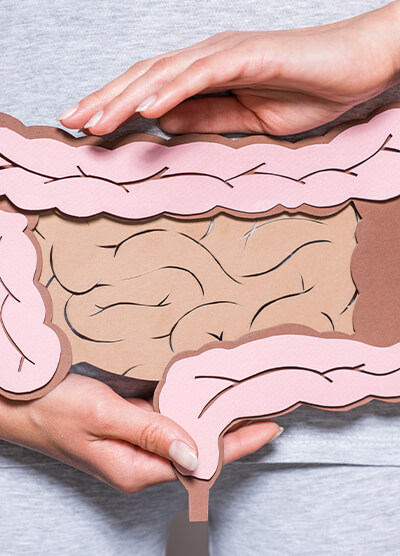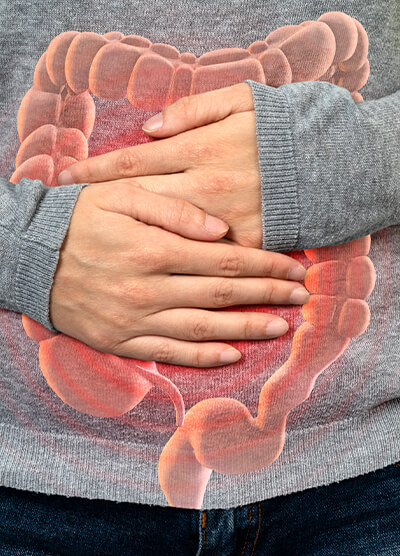inSite Digestive Health Care is now Genesis Healthcare Partners, an affiliate of Unio Health Partners
- Gastroenterology
- Locations
- Services
- Resources
- About Us
Menu
Contact Us
Please read this first before writing your message to us:
To assist us in maintaining the privacy of your protected personal health information as required by the HIPAA Privacy Regulation please do not include any of your personal health information in your message for us. Please do not use this form to contact us if you have a medical emergency. In case of a medical emergency please dial 911. Thank you.
Genesis Healthcare
Genesis Healthcare is the nation’s premier multi-specialty physician practice.
Menu

























